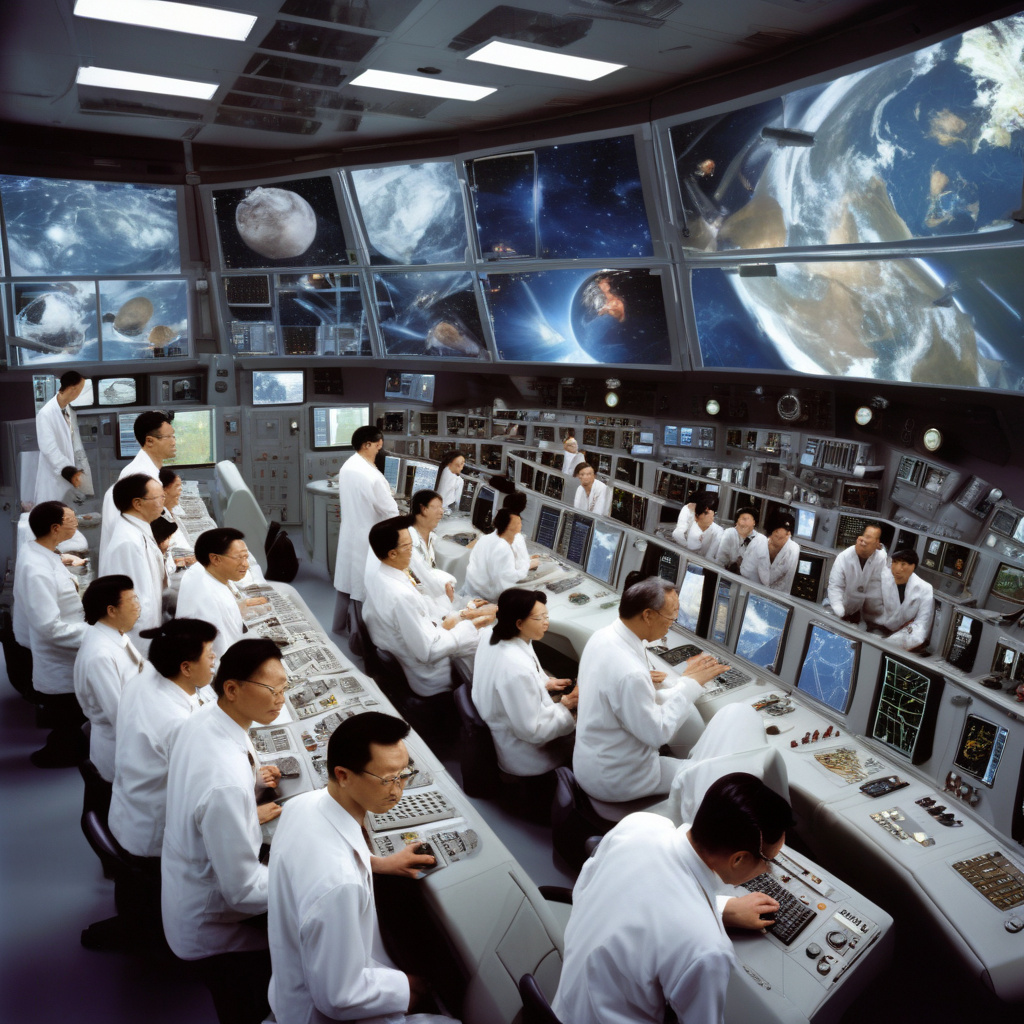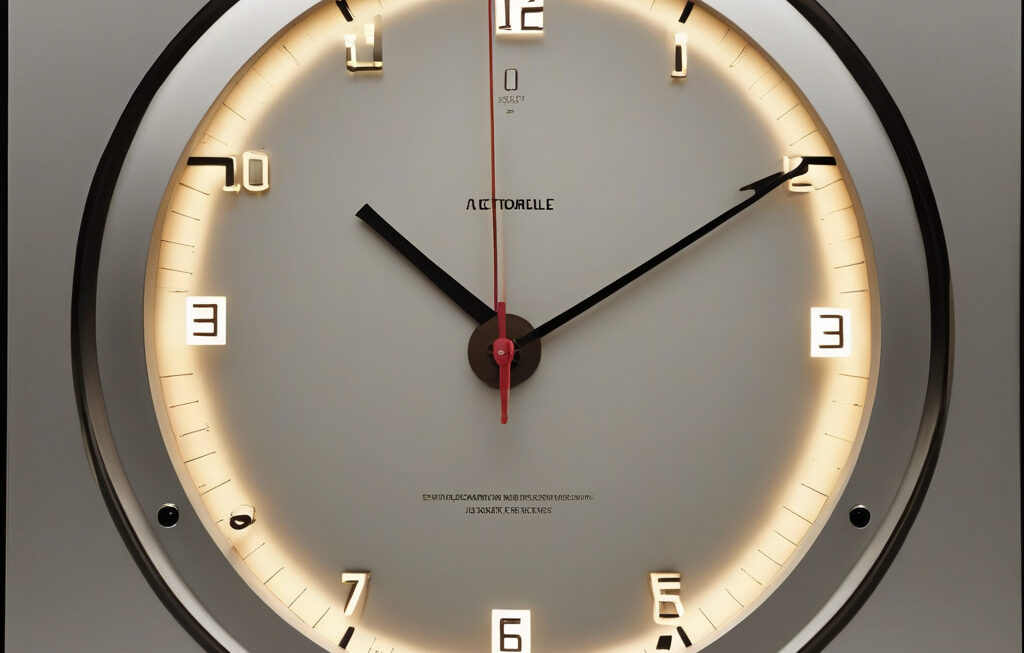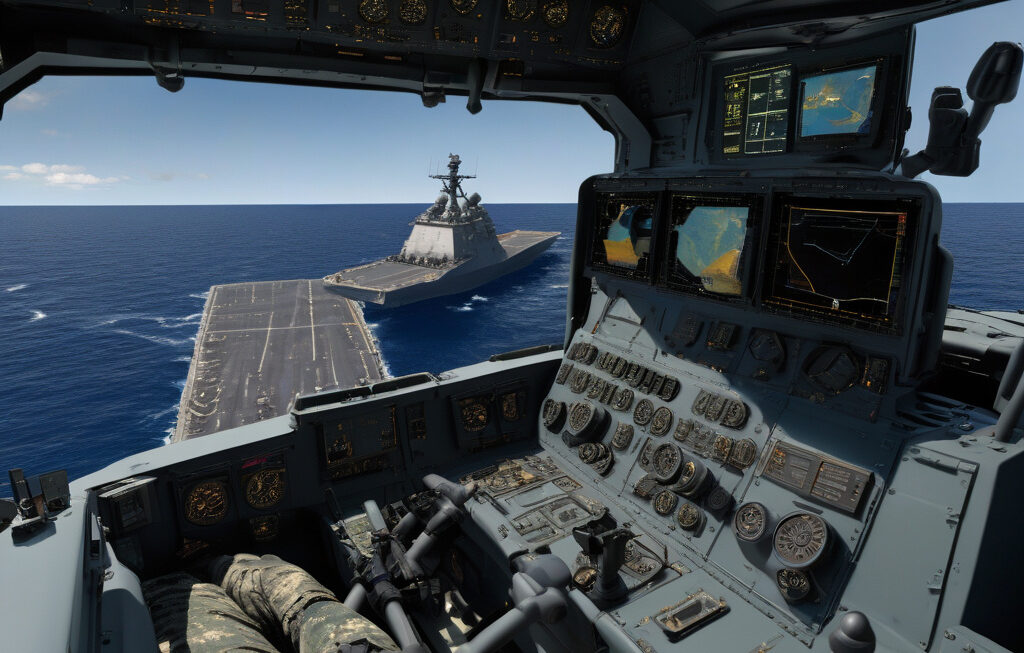Chinese Scientists Express Concerns Over US’ Secret Space Plane potentially being a ‘Space Killer’
Chinese scientists have expressed fears that the secret space plane of the U.S. military X-37B could have potentially devastating consequences if used as a ‘space killer.’ The X-37B, also known as the Orbital Test Vehicle (OTV), is an unpiloted spacecraft that resembles a miniature version of NASA’s space shuttles. This advanced technology has sparked concerns among Chinese experts about its possible militarization and offensive capabilities in space.
The X-37B, with its ability to stay in orbit for extended periods and carry out various missions, poses a significant challenge to other nations, including China. The spacecraft’s long duration missions have raised suspicions about its objectives, with some speculating that it could be used for spying, deploying weapons, or disrupting other countries’ satellite operations.
China, a rising space power, has been actively expanding its space capabilities in recent years. The country has made significant advancements in its space program, including crewed spaceflights, lunar exploration missions, and the development of its space station. However, the perceived military applications of the X-37B have raised concerns in Beijing about a potential space arms race with the United States.
The lack of transparency surrounding the X-37B’s missions and objectives has led to speculation and uncertainty among Chinese scientists and policymakers. The secrecy shrouding the spacecraft’s activities has fueled suspicions about its true purpose and intentions. This uncertainty has prompted calls for greater international cooperation and transparency in space activities to prevent the weaponization of space.
The militarization of space has long been a contentious issue, with countries like the United States, China, and Russia developing anti-satellite weapons and other technologies with potential offensive capabilities. The deployment of space weapons poses a threat not only to national security but also to global stability and the peaceful use of outer space.
To address these concerns, Chinese scientists have called for increased dialogue and cooperation among space-faring nations to prevent the weaponization of space and ensure the peaceful exploration and use of outer space. International agreements such as the Outer Space Treaty, which prohibits the placement of weapons of mass destruction in space, serve as a foundation for space governance and peaceful cooperation.
As the United States continues to develop and deploy advanced space technologies like the X-37B, it is essential for all nations to uphold the principles of transparency, cooperation, and peaceful coexistence in space. The future of space exploration and utilization depends on international collaboration and responsible behavior to ensure that outer space remains a peaceful and accessible domain for all humankind.
In conclusion, the concerns raised by Chinese scientists about the potential militarization of the US’ secret space plane highlight the need for greater transparency and cooperation in space activities. By fostering dialogue and adhering to international agreements, countries can work together to prevent the weaponization of space and preserve the peaceful use of outer space for future generations.
space, spaceexploration, militarytechnology, internationalcooperation, peacespace












